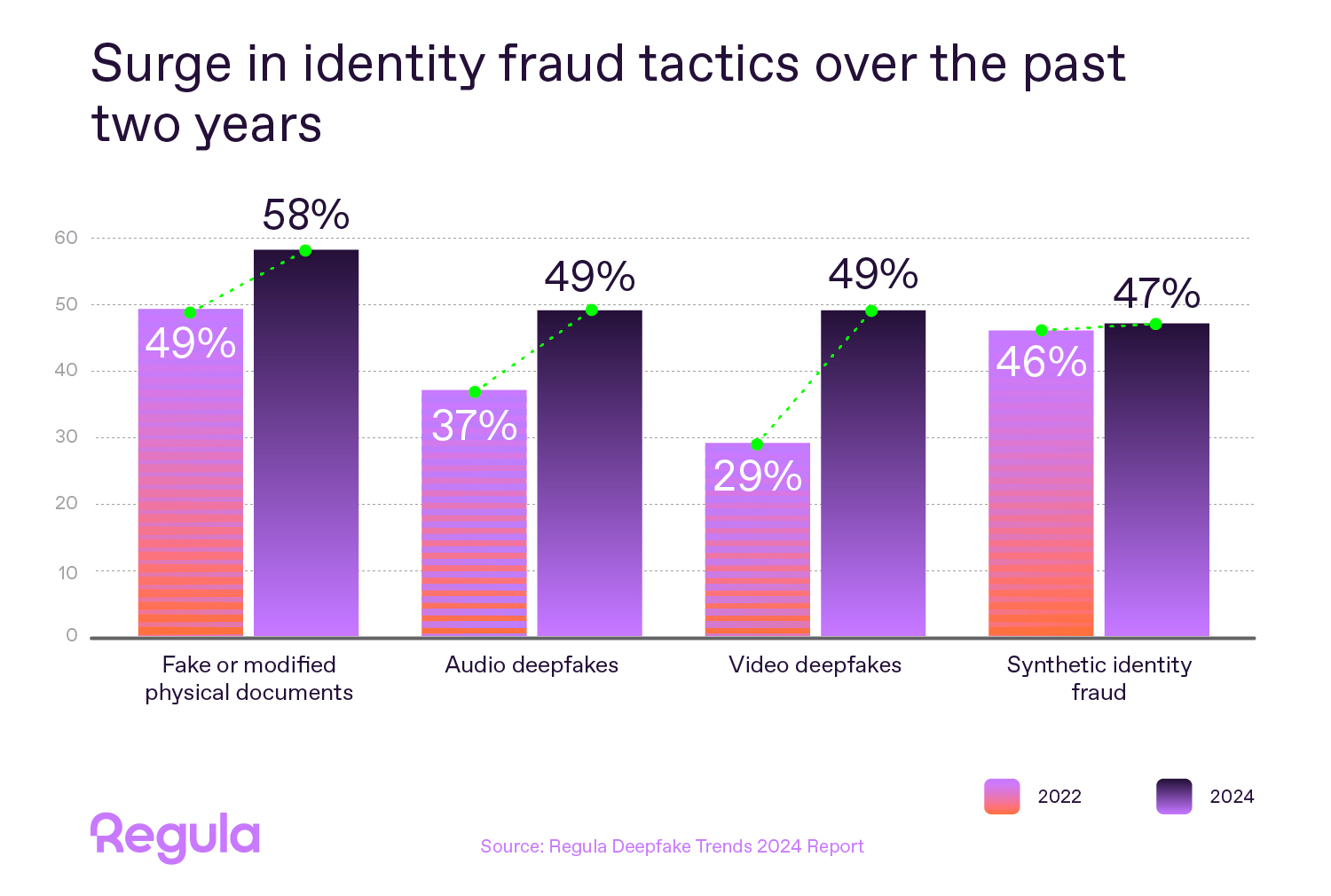![]()
Grand Cayman, Cayman Islands, July 9th, 2024, Chainwire
In a step forward for the derivatives ecosystem on Arbitrum, two prominent DeFi projects, GMX and Gains Network, have unveiled bids to integrate their platforms into Kwenta’s upcoming perpetuals marketplace. Kwenta, the leading perpetual futures exchange on Optimism, expanded its reach earlier this year by launching the Base network, reflecting a larger plan to connect derivatives liquidity across multiple chains. This announcement follows the recent approval of a grant from the Arbitrum DAO aimed at supporting Kwenta’s initial expansion to the Arbitrum network.
Table of Contents
Product Offerings from GMX and Gains Network
GMX and Gains Network have submitted their proposals to integrate their liquidity into Kwenta’s platform. These integrations aim to enhance the trading experience for Kwenta users by providing access to additional markets and liquidity, while taking advantage of Kwenta’s UX-focused roadmap, which includes allowing traders to log in with traditional web2 credentials and sponsoring gasless transactions.
GMX v2, Arbitrum’s flagship perpetual futures AMM (Automated Market Maker), built on the initial success of their v1 product by being the first to integrate Chainlink Data Streams, a low latency product from the leading oracle provider aimed at high-performance applications. The lower fees and wider selection of markets available on GMX v2 allowed the offering to quickly grow in popularity with onchain traders.
Gains Network, known for its gTrade platform, offers a wide variety of trading pairs, including cryptocurrencies, forex, and commodities, supported by their decentralized oracle network. Gains Network’s innovative approach to perpetual futures provides traders access to up to 150x leverage on a growing list of nearly 200 markets.
Strengthening the Arbitrum Ecosystem
The integration of GMX and Gains Network into Kwenta’s perpetuals marketplace is expected to drive growth in the onchain perpetuals space by allowing users to easily access advanced DeFi products from Kwenta’s easy-to-use UX layer. While retail-focused applications have made huge steps forward in allowing users to quickly access the best prices for token swaps and bridging, onchain leverage has remained a complex product for more sophisticated DeFi enthusiasts.
This strategic expansion brings Arbitrum’s most popular derivatives trading venues under a single platform, providing a simple and familiar experience for traders new to onchain products. Kwenta’s roadmap promises to build on these quality of life features, allowing users to interact with multiple protocols in a single application.
Looking Ahead
Kwenta is currently inviting community feedback on these proposals as it moves towards finalizing its perpetuals marketplace. The potential integrations with GMX and Gains Network align with Kwenta’s mission to provide a superior decentralized trading experience. With these developments, Kwenta is aims to become a leading venue for DeFi derivatives trading on Arbitrum.
About Kwenta
Kwenta is an onchain derivatives marketplace on Optimism, Base, and Arbitrum. The platform offers easy-to-use tools to access deep liquidity and low fees onchain, while users retain full custody of their funds. With over $50 billion in trading volume through its community-governed platform, Kwenta is committed to developing tools that bring DeFi to everyone.
For more details, users can follow Kwenta’s governance discussion channels on Discord.
Contact
MarketingDAO PM
Burt Rock
Kwenta
[email protected]


Recent Comments